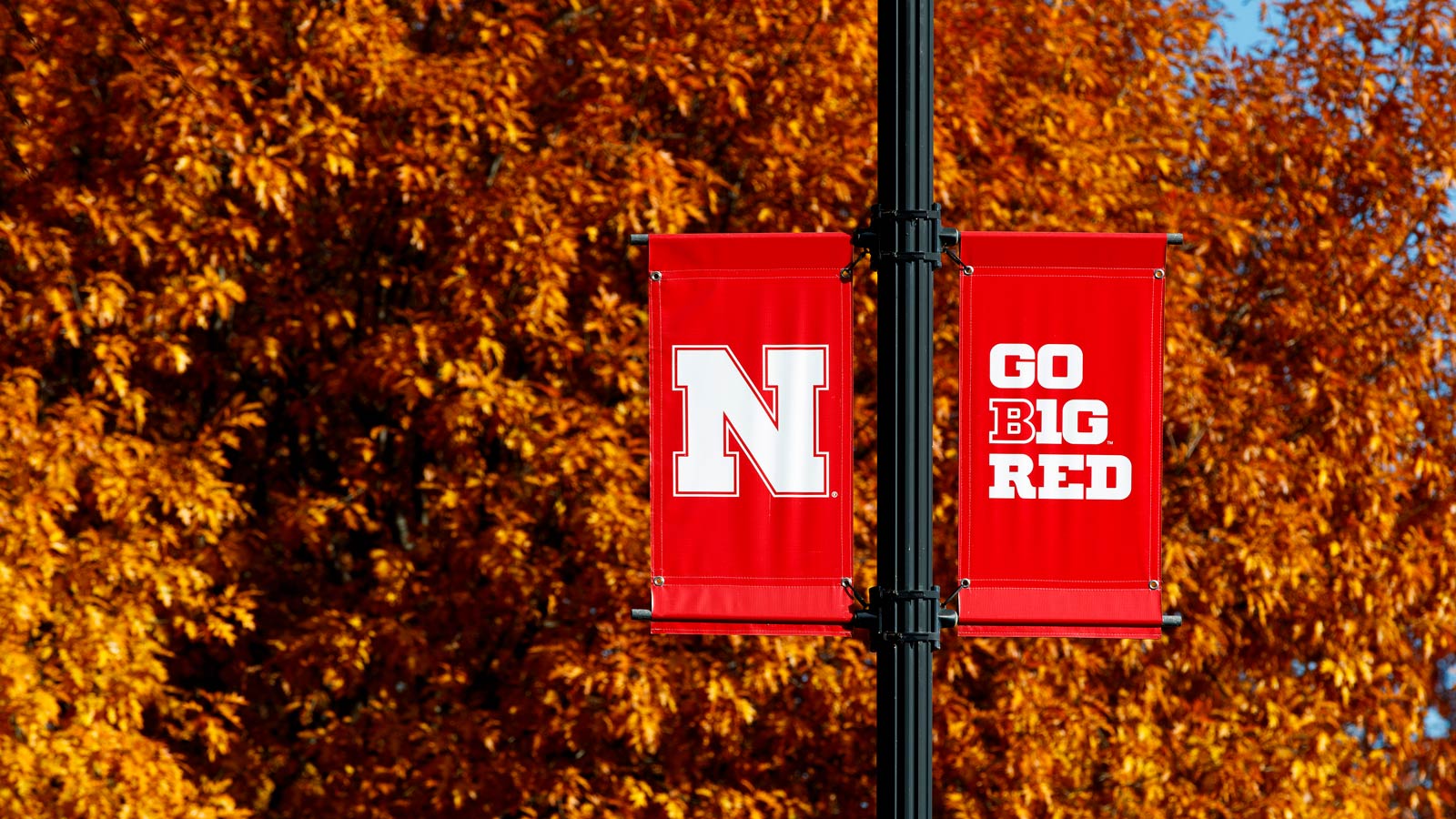Inclusive Campus Support Network
Submit a Report
The Inclusive Campus Support Network (ICSN) contributes toward the creation and maintenance of a more inclusive, welcoming and safe university.
The group promotse equity, dignity and respect for individuals from a diversity of backgrounds, beliefs, experiences, perspectives, abilities, identities and orientations.
How It Works Advisory Board MembersOur belief that every person and every interaction matters calls for us to value one-on-one relationships to form connections, transform lives, and realize the power of every person.
The Inclusive Campus Support Network exists for the purpose of:
- Supporting students, staff and faculty who have witnessed or been the target of discrimination and/or bias-related incidents.
- Referring individuals to resources that can provide ongoing support.
- Informing the campus community about the frequency and nature of bias incidents reported.
The primary role is to ensure all community members are treated fairly and to provide support resources to individuals who report incidents. For this reason, we encourage that reports should not be anonymous.
What Happens
What can be reported?
Campus climate concerns come in many forms. If you feel you’ve experienced harm and would like to discuss the concern, please submit a report or call (402)
472-0878. Depending on your needs, Student Advocacy and Support will explore outreach from other campus resources to provide support to impacted parties.
If a crime has been committed, you should contact University Police at (402) 472-2222.
Where do I report?
Depending on what happened, you may not be sure where to report the incident. When submitted through UNL Report, your concerns will be routed to the appropriate university entity for further investigation or consideration. To file an in-person report, you can visit Student Advocacy & Support in 205 Louise Pound Hall.
What happens next?
Reports may be submitted online or in-person at Student Advocacy & Support (located in the 205 Louise Pound Hall). All reports will be received and managed by an advocacy and support specialist as the first point of contact.
An initial intake conversation will take place between the specialist and the reporting party, centered on the impacted person. The intake conversation will provide an explanation of the process and potential outcomes and allow the reporting
party to provide additional information about the incident(s).
In addition, impacted individual(s) will be provided with information about options and campus resources that can provide additional support and what to expect given the action they wish to report. They should expect follow-up to occur to
ensure they have received the support and information needed to resolve the incident. This may include referrals to campus resources that can offer support (e.g., Counseling and Psychological Services, Big Red Resilience & Well-being, Employee Assistance Program (EAP) and
others as needed).
The primary purpose of ICSN is to ensure all community members are treated fairly and to provide support resources to individuals who report incidents. For this reason, we encourage that reports not be anonymous.
How will reports be used?
Reports summarizing climate issues and bias incidents will be made available to the Vice Chancellor for Student Affairs, the Vice Chancellor for Diversity & Inclusion and the Chancellor. In addition, summary reports indicating the types of incidents that have been reported will be made available to the university community.Summary reports may guide future education and prevention programming efforts to address climate issues and reduce bias incidents within the university.
If the reported incident is a violation of university policy or federal, state or local statute, the university may be required to take specific action to address the incident and its effects.
ICSN Advisory Board
The ICSN was formed in August 2021 following a review of university policies, procedures, communications and resources related to the reporting of campus climate and bias incidents. The review, initiated by then-Chancellor Ronnie Green, identified a need for a structured campus support team through which all members of our community can recognize, report and respond to campus climate and bias related incidents. The support provided by ICSN furthers the campus commitment toward creating and maintaining a safe, inclusive and affirming learning environment.
The advisory board is a group of students, faculty and staff representing a diverse array of the campus community. Representatives include:
- African/African American Faculty/Staff Caucus
- Association of Students of the University of Nebraska (ASUN)
- ASUN Diversity, Equity, and Inclusion Committee
- Big Red Resilience & Well-being
- Black Student Union
- Chancellor's Commission for the Prevention of Sexual Misconduct
- Chancellor’s Commission (on the Status of) Gender and Sexual Identities
- Chancellor's Commission on the Status of People of Color
- Chancellor's Commission on the Status of Women
- College of Law
- Counseling and Psychological Services
- Department of History
- Department of Philosophy
- Fraternity and Sorority Life
- Gender and Sexuality Center
- Graduate Studies
- Institute for Ethnic Studies
- Kutak Ethics Center
- Let’s Talk Alliance
- Office of Diversity and Inclusion
- Student Advocacy & Support
- Student Affairs
- Student Affairs Diversity, Equity, and Inclusion Council
Key Collaborators
The Inclusive Campus Support Network works closely with many campus partners who offer expertise. These include:
- Big Red Resilience & Well-being
- Center for Advocacy, Response and Education (CARE)
- Counseling and Psychological Services (CAPS)
- Employee Assistance Program (EAP)
- Office of Diversity and Inclusion
- Office of Fraternity and Sorority Life
- Gender and Sexuality Center
- Services for Students with Disabilities
- University Housing